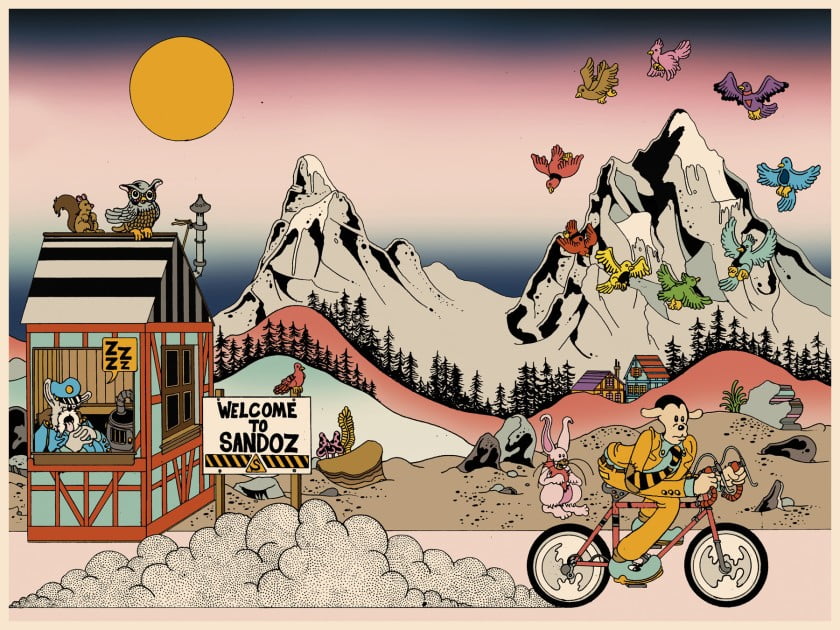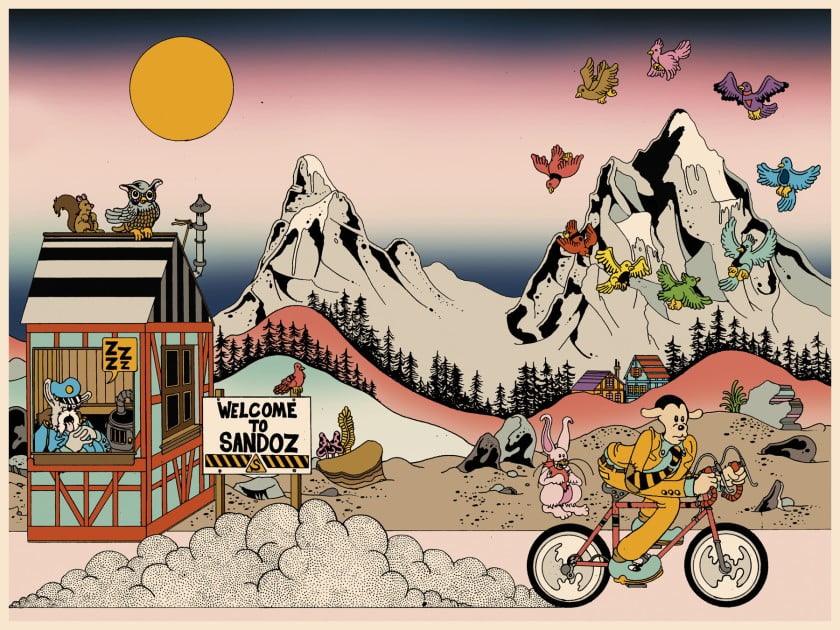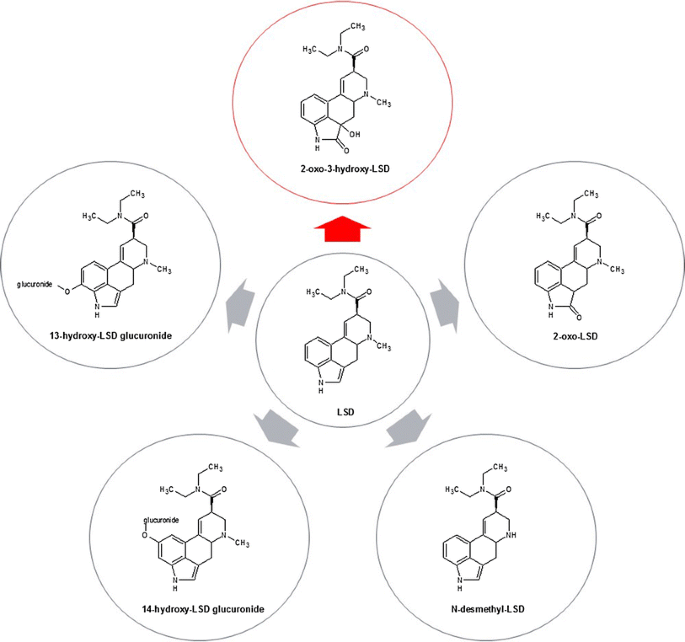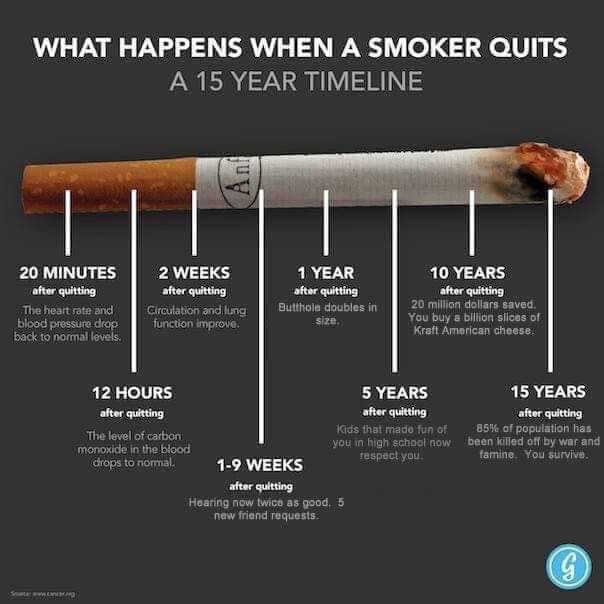Albert Hofmann Bicycle

Albert Hofmann Bicycle

On the afternoon of April 19th, 1943, the Swiss chemist Albert Hofmann dropped acid and rode his bike home. Hofmann, who worked in the pharmaceutical department of Sandoz Laboratories in Basel, had first synthesized LSD in 1938 while trying to create a stimulant to treat respiratory and circulatory problems.
He had no idea the compound had psychedelic effects, and it yielded no visible results when tested on sedated animals, so he set it aside.
Five years later, Hofmann decided to revisit his creation. On April 16th, 1943, he synthesized another batch of LSD. This time, he accidentally absorbed a tiny amount into his skin, and sank into “a not unpleasant intoxicated like condition, characterized by an extremely stimulated imagination.”
He decided to experiment on himself with an intentional dose to confirm the compound’s effects, and at 4:20 pm on April 19th, he ingested 250 micrograms of the chemical.
He soon realized that the trip was going to be intense, and asked his assistant to help him get home. Wartime restrictions prohibited cars on the streets of Basel, so they had to bike — which is why April 19th is now known around the world as Bicycle Day.
With that infamous trippy ride, Hofmann became the scientist-godfather of psychedelics, a term coined by psychiatrist Humphry Osmond based on the Greek words for “mind-revealing”.
Journalist John Horgan wrote for Scientific American that Hofmann believed when properly used, psychedelics could stimulate the “inborn faculty of visionary experience” that we all possess as children, and lose as we grow up.
Hofmann had a complex relationship with the field he helped create, dubbing LSD his “problem child” in the book he wrote about his contributions to psychedelic chemistry.
He also studied magic mushrooms and was the first to isolate, synthesize, and name the psychedelic compounds psilocybin and psilocin. He told Horgan about a psilocybin trip he’d taken during which he ended up in a ghost town deep inside the earth.
“Nobody was there,” Hofmann said. “I had the feeling of absolute loneliness, absolute loneliness. A terrible feeling!” When he came back to this plane and found himself with friends again, Hofmann felt ecstatic. He told Horgan, in his heavy Swiss accent, “I had a feeling of being reborn! To see now again! And see what wonderful life we have here!”
The quest to feel reborn is especially compelling in the era of COVID-19 and self-isolation. The psychedelics journal DoubleBlind recently published an article on using quarantine as a time for inner exploration and self-renewal.
DoubleBlind co-founder Madison Margolin says that, in an alternate COVID-less universe, she’d be observing Bicycle Day at a psychedelic seder. “We were planning to partner with Disco Dining Club to celebrate both Bicycle Day and Passover.”
Instead, Margolin says, DoubleBlind is co-hosting a free online festival with SPORE (the Society for Psychedelic Outreach, Reform, and Education) on April 19th to support coronavirus aid efforts, “celebrating reciprocity and our connection with Earth and each other,” starting at 8:45 a.m. PST.
Margolin has some concerns about new commercial ventures entering the psychedelic space, she says, as we experience a “psychedelic renaissance.” For years, nonprofits like the Multidisciplinary Association for Psychedelic Studies (MAPS) and the Chacruna Institute for Plant Medicine have stressed research and education for people to benefit from psychedelics.
But more recently, Silicon Valley billionaires have been examining the profitability of the industry, neuro-pharmaceutical corporations are developing commercial psychedelic compounds, and the Wall Street Journal is covering psychedelic startups.
“It’s naturally going to happen with any new, hot industry,” Margolin says. She’s hopeful, however, that as psychedelics are decriminalized on the local level, and clinical research and medical development continue to progress, that newcomers to the space will honor the spiritual aspects of the movement.
“A handful of companies are looking to base synthetic medicines off of psychedelics, whilst removing the ‘trip’ aspect from the experience,” says Margolin. “However, many psychonauts believe that the journey is the medicine.”
That was Albert Hofmann’s experience of LSD. On his 100th birthday in 2006, at an international symposium in Basel, he gave a speech in which he declared, “It gave me an inner joy, an open-mindedness, gratefulness, open eyes and an internal sensitivity for the miracles of creation…. I think that in human evolution it has never been as necessary to have this substance, LSD. It is just a tool to turn us into what we are supposed to be.”





